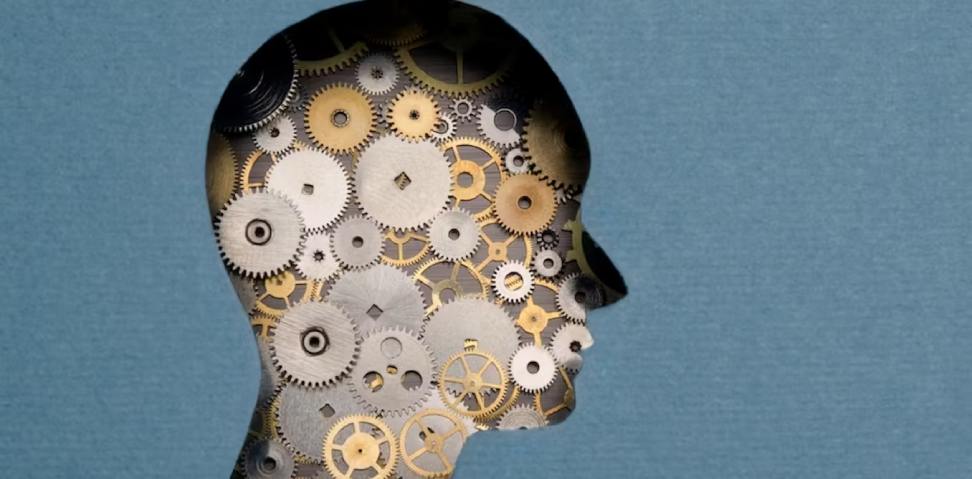King 567, Betbhai247, Apbook247: Neuroeconomics delves into the intricate workings of the brain to unravel the mysteries behind decision-making processes. By studying how the brain responds to various stimuli, researchers aim to gain insights into why individuals make certain choices over others. Through a combination of economic theories and neuroscience methods, neuroeconomics seeks to bridge the gap between psychology and economics by providing a neurobiological basis for understanding human decision-making.
At the heart of neuroeconomics lies the notion that emotions and rationality play a crucial role in shaping our decisions. The brain’s limbic system, responsible for processing emotions, interacts with the prefrontal cortex, which governs cognitive functions such as reasoning and decision-making. This interplay between the emotional and rational parts of the brain often leads to complex and sometimes contradictory decision outcomes. By exploring these dynamics, neuroeconomics offers a deeper understanding of how our brains navigate the intricate landscape of choices and preferences.
- � Neuroeconomics combines economic theories and neuroscience methods
- � Aims to provide a neurobiological basis for understanding human decision-making
- � Focuses on the interplay between emotions and rationality in decision-making processes
- � Examines how the brain’s limbic system and prefrontal cortex interact to shape decisions
The Interplay Between Emotions and Rationality in Decision-Making
Emotions and rationality are two powerful forces that often collide in the process of decision-making. Emotions, driven by our feelings and past experiences, can sometimes cloud our judgment, leading us to make impulsive choices that we may later regret. On the other hand, rationality, fueled by logic and reasoning, strives to make decisions based on facts and evidence, in an attempt to maximize positive outcomes.
However, it is important to note that emotions and rationality do not always operate in isolation. In fact, they are often intertwined, with emotions influencing our rational thought processes and vice versa. For example, emotions can provide valuable insights and intuition that can guide our decision-making, while rationality can help us weigh the pros and cons of different options in a more systematic manner. This complex interplay between emotions and rationality highlights the intricacies of human decision-making processes and underscores the importance of finding a balance between the two factors.
Neurotransmitters and their Impact on Decision-Making Processes
Apbook365, Apbook Login, Goexch777: Neurotransmitters play a crucial role in influencing our decision-making processes. These chemical messengers transmit signals between neurons in the brain, affecting various cognitive functions such as attention, learning, memory, and emotions. Dopamine, for example, is known to be involved in reward processing and motivation, which can influence our choices and decisions.
Serotonin is another neurotransmitter that impacts decision-making. It is linked to regulating mood and social behavior, and alterations in serotonin levels have been associated with impulsivity and risk-taking behaviors. Imbalances in neurotransmitter levels can lead to disruptions in our decision-making processes, potentially impairing our ability to make rational choices. Understanding the intricate interplay between neurotransmitters and decision-making can shed light on the underlying mechanisms that drive human behavior.
What is neuroeconomics?
Neuroeconomics is a field that studies the brain’s role in decision-making processes, incorporating insights from neuroscience, psychology, and economics.
How do emotions influence decision-making?
Emotions play a significant role in decision-making by influencing our preferences, risk tolerance, and cognitive processes.
Can rationality override emotions in decision-making?
While rationality can sometimes override emotions in decision-making, emotions often have a strong impact on our choices due to the interconnectedness of the brain’s emotional and cognitive systems.
Which neurotransmitters are involved in decision-making processes?
Neurotransmitters such as dopamine, serotonin, and norepinephrine play a crucial role in decision-making processes by modulating our mood, motivation, and cognitive functions.
How can understanding neurotransmitters improve decision-making?
By understanding how neurotransmitters affect our decision-making processes, we can gain insights into our behaviors, preferences, and the factors influencing our choices. This knowledge can help us make more informed and effective decisions in various aspects of life.
Additional:
- Is basic industries a good career path
- How to Start Your Own Massage Business?
- Is working in agricultural chemicals a good career path?

